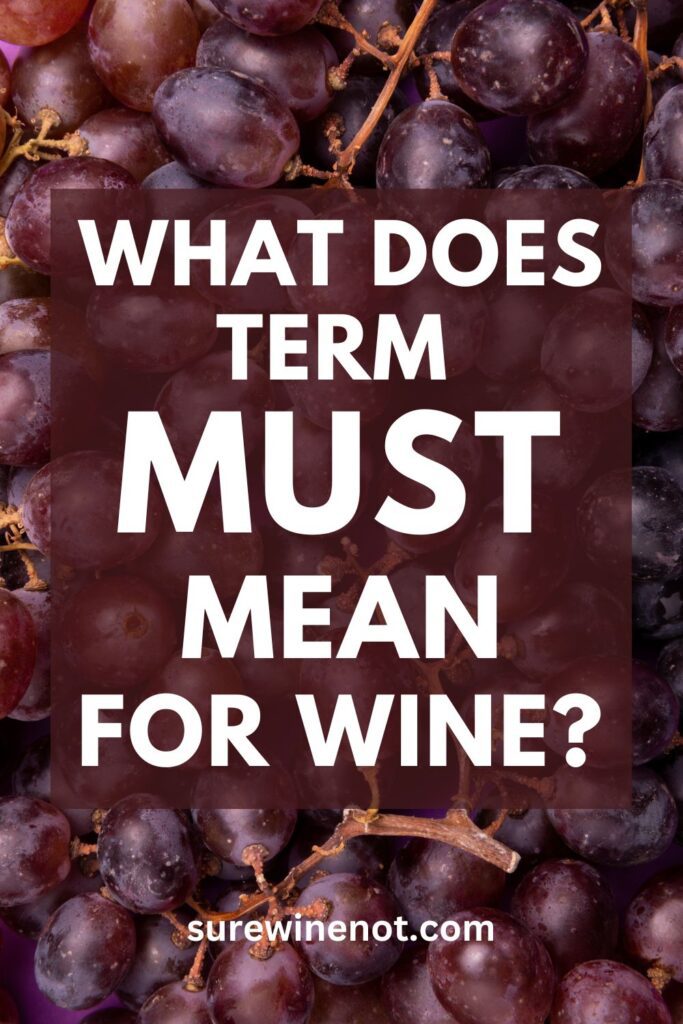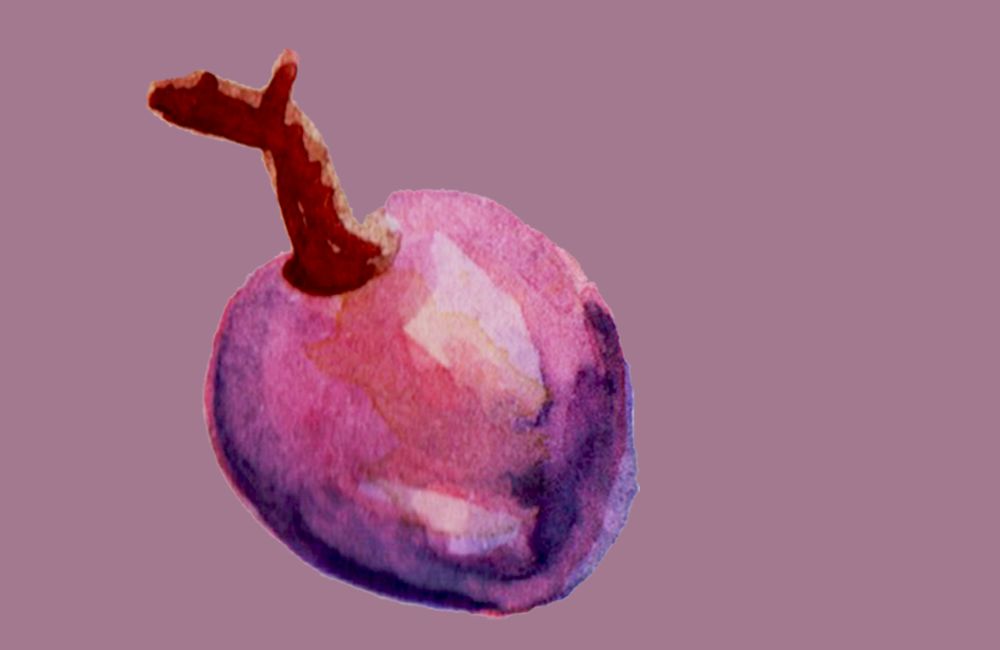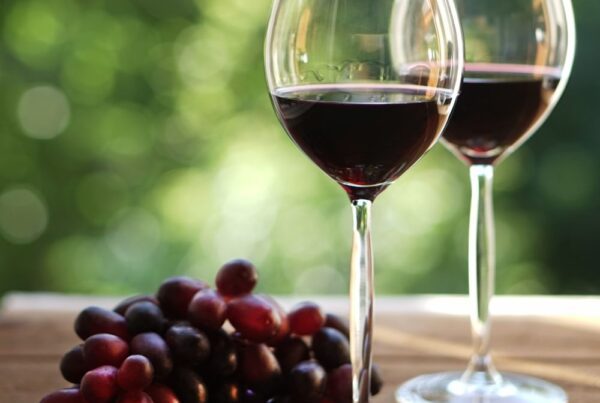Must means grape juice in winemaking.

What does must mean in winemaking?
Grape juice is commonly referred to as “must” in winemaking.
The must does not contain any alcohol – it is natural juice pressed from grapes before it is fermented into wine.
Must weight means the sugar levels in grape juice.
| Must | Must weight | Must origin |
| Grape juice | Sugar levels in grape juice | From latin word “mustum” |
Must vs grape juice: Key differences
Composition: Must and grape juice might seem like the same thing because they both come from freshly crushed grapes; however, there are some key differences:
Must includes the liquid from the grapes but also solid parts such as skins, seeds and sometimes stems. The skin, seeds and stems play a key role in the fermentation process, especially in red wine production by adding colour, tannins, and flavours.
Grape juice, in comparison, is simply the liquid without any solids.
Fermentation: Grape juice does not ferment on its own, unless yeast is introduced.
Must contains natural yeasts that can convert into alcohol. That said, yeast is often added to must to start the fermentation process.
Winemakers can choose from a variety of types of yeast, depending on the type of wine they want to make, giving them more control over the winemaking process.
Intended Use: Must is created specifically for winemaking, whereas grape juice is often maded for direct consumption.
Grape juice is sweet, non-alcoholic, and ready to drink product, whereas must is created in winemaking to undergo transformation through fermentation to make wine.

Read with confidence: I am a certified wine expert (WSET L3).





